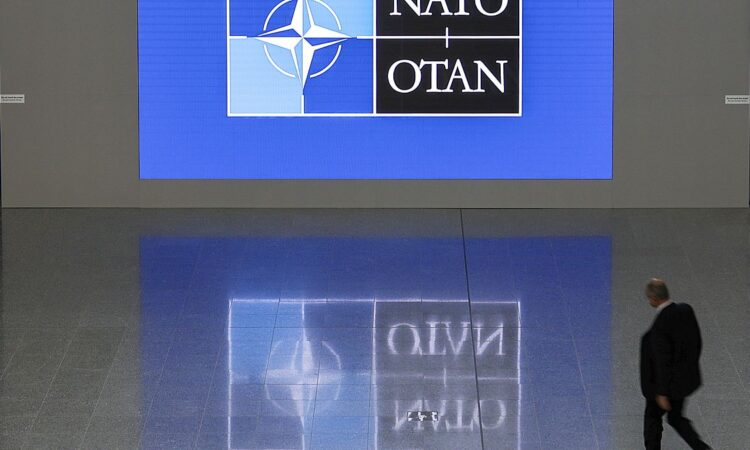
The North Atlantic Treaty Organisation (NATO) said it would invest in four European tech companies.
Investment in Europe’s defence technology is intensifying after NATO on Tuesday confirmed its first deep tech investments as part of a €1 billion fund that aims to address today’s defence, security and resilience challenges.
The North Atlantic Treaty Organisation announced the fund in 2022, following Russia’s invasion of Ukraine. The NATO Innovation Fund matches government buyers of technologies with start-ups to develop defence technologies.
The first companies to receive the investment are European and include Germany’s ARX Robotics, which designs unmanned robots and three start-ups in the United Kingdom.
London-based computer chipmaker company Fractile also received funds as well as Bristol-based iComat and the Welsh start-up Space Forge, which makes novel space materials.
The fund has also invested in four venture capital funds that focus on deep tech: Join Capital, Vsquared Ventures, OTB Ventures and Alpine Space Ventures. Unlike most VCs, which invest over 10 years, NATO’s fund will invest over 15 years.
NATO said it is also making investments to boost deep tech hubs in regions where capital for early-stage startups is in high demand to promote the Alliance’s technological sovereignty.
“With these investments, the Fund is now starting to make a tangible difference in our innovation ecosystems, providing growth opportunities to the most promising dual-use and defence companies developing solutions to maintain the Alliance’s technological edge,” David van Weel, Assistant Secretary-General for Innovation, Hybrid and Cyber, said in a statement.
Van Weel told Euronews Next in 2022 that NATO’s main challenge is bridging the communication gap with innovators as the military is not always aware of the latest defence technologies and a lot of innovators do not know what the military requires.
The other issue is that “defence organisations and governments, in general, are not famous for having fast procurement processes,” he said.
“Our challenge is really to make sure that we have a workable, agile way of communicating with innovators and bringing in new technologies at a speed of relevance,” he added.
The fund aims to help advance innovation in new materials and manufacturing, artificial intelligence (AI), and robotics.
NATO said it is also making investments to develop deep tech hubs in regions where
capital for early-stage startups is in high demand to promote the Alliance’s technological sovereignty.
The NATO Innovation Fund is backed by 24 of NATO’s 32 member states. The United States, Canada and France are members that have not agreed to support it.






